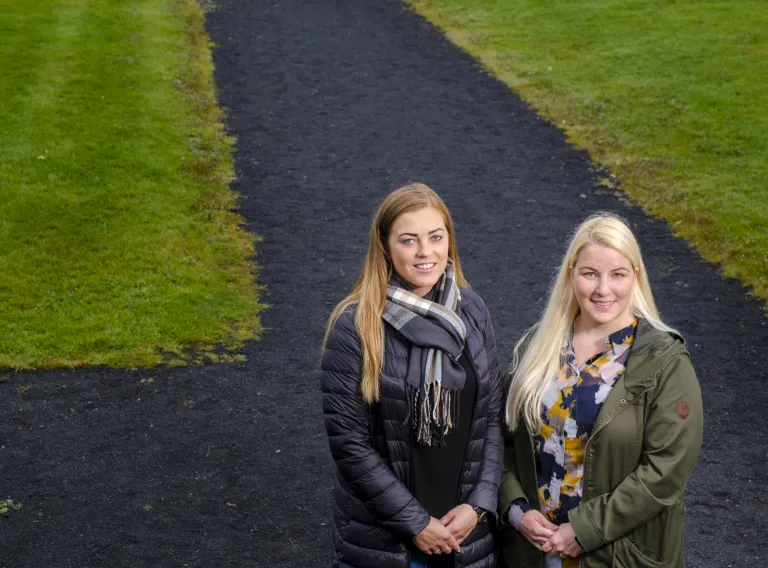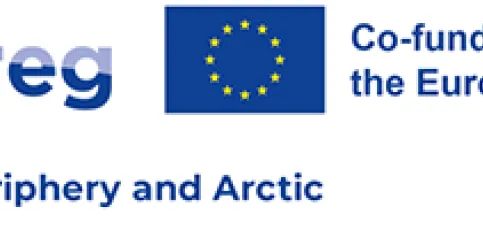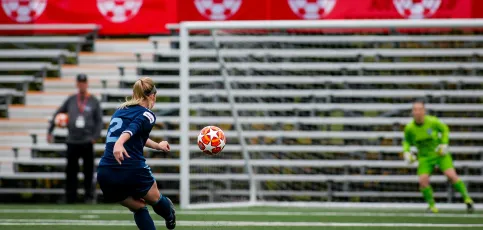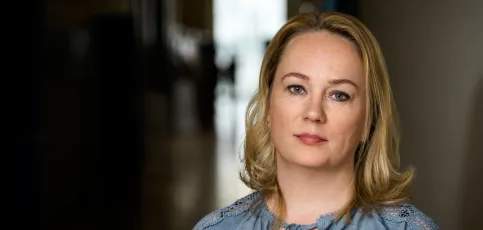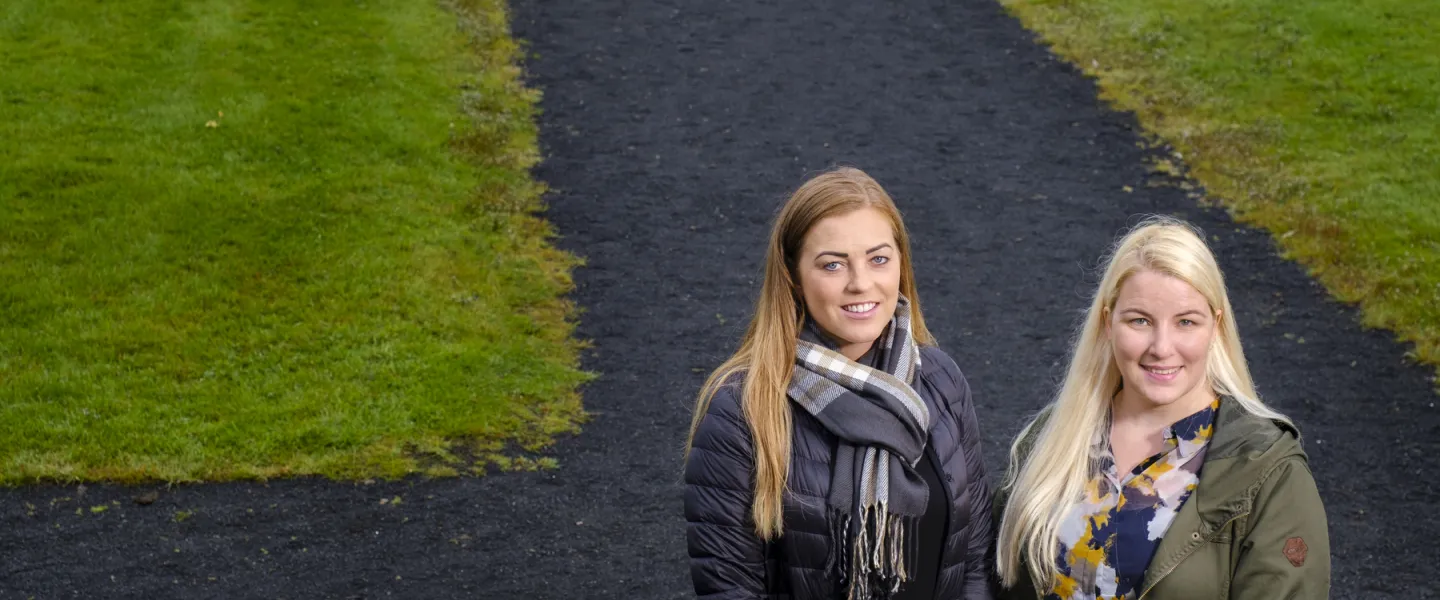
Over two thousand students took a summer course offered by the University of Iceland to react against the impact of the corona pandemic, thus reducing unemployment and strengthening education. Around 120 courses from all five University schools were offered this summer, including a course on issues of the homeless and harm reduction, a policy area that has received a lot of attention recently. We spoke to Selma Björk Hauksdóttir, teacher in the course, who is working on a PhD on a related subject, and Hildur María Brynjólfsdóttir, student of Social Work, about the course, but her own experiences sparked her interest in the course.
The course was called Issues of the homeless: the situation in Iceland, services, and knowledge, and was organised by the Faculty of Social Work. The aim was to provide students with an insight into the situation of people who do not have a roof over their heads and the ideology "housing first". The curricula also included the ideology of harm reduction and how it is applied in Iceland.
"I am writing my doctoral thesis at the Faculty of Social Work and my subject is homelessness and the ideology housing first. The issue concerns most aspects of social work, and it is thus important to draw attention to these issues and what is being done here in Iceland," says Selma Björk Hauksdóttir, one of the teachers in the course about how it came about. Other teachers in the course were Svala Jóhannesardóttir, manager, and Hrafnhildur Ólöf Ólafsdóttir, head of Reykjavík's Department of Welfare, and the course supervisor was Guðný Björk Eydal, professor at the University of Iceland's Faculty of Social Work.
Housing first makes housing a priority not conditional on behaviour or meeting specific demands
According to Selma the ideology of housing first prioritizes permanent housing for people experiencing homelessness thus ending their homelessness and serving as a platform to deal with various difficulties.
"This ideology revolves around the needs hierarchy where housing is the foundation for feeling secure. If the basic needs are not met it is difficult to organize and manage daily life. According to the ideology, people, do not lose their housing services if they do not fulfil certain requirements. The team offers services tailored to the individual for as long as it is needed; adjusted to different circumstances in each instance," says Selma.
Selma says that current statistics for homeless people in Iceland are not available, but they that were 350 in a report from 2017. "A certain group is always hidden, making it difficult to estimate how many are homeless today," she points out.
Harm reduction is about services on the users' terms
Closely related to the concept of housing first is the concept of s harm reduction, which is about trying to holistically reduce the of dangerous and negative health related, social and economic effects of drug use for users, their families, local communities and society as a whole. "By working according to a harm-reducing ideology, users are met where they are at any given time and on their own terms, in addition to which all small steps towards positive change are strengthened. This opens up opportunities for support and services for a group of people for which the traditional abstinence approach is not suitable, "Selma explains.
She points out that this ideology is applied both at Mrs. Ragnheiður, the Red Cross project, and at Konukot, an emergency shelter for homeless women. "There are, furthermore, various other parties that provide users with services that lead to harm reduction."
